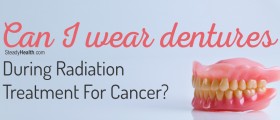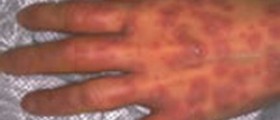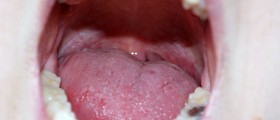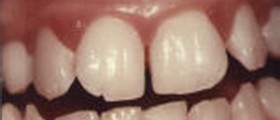
Canker sores are rather small, but quite painful ulcers which form inside the oral cavity. Their presence and accompanying pain are responsible for serious difficulty eating and even talking.
Canker sores can be classified into simple canker sores and complex canker sores. Simple canker sores occur 3-4 times per year and never linger longer than a week. They typically affect individuals between the age of 10 and 20. Complex canker sores are not so frequent and affect only people who have already faced the illness.
Canker Sores: Causes
The exact cause of canker sores remains unknown. It is believed that simple canker sores develop as a result of stress and may also occur due to tissue damage (e.g. irritation caused by a sharp tooth surface and dental appliance). Some foods (such as citrus or acidic fruits and vegetables) may act as triggers of canker sores or even aggravate the condition once it occurs. Complex canker sores, in general, develop due to some underlying conditions associated with impaired immune system as well as nutritional deficiencies. Vitamin B12, folic acid, zinc and iron deficiency are several examples of potential triggers of complex canker sores.
Canker Sores : Clinical Characteristics
The patient is most definitely suffering from a canker sore if he/she has a painful sore (or more than one sore) inside the oral cavity, particularly on the tongue, soft palate or inside the cheeks. But it is also good to consult a doctor who will differentiate these sores from cold sores, which may resemble canker sores but are of completely different origin. The person may complain about tingling or burning sensation which occur prior formation of canker sores. The sore is typically round and white or gray. Its edge is red due to inflammation. Additional symptoms such as fever, physical sluggishness and swollen lymph nodes only occur in severe canker sore attacks.
Canker Sores: Treatment
Pain caused by these mucous membrane lesions is sometimes hard to bear, but it subsides without any treatment after a week or two. In case the pain becomes highly intensive an individual may be prescribed an antimicrobial mouth rinse or some solution which will efficiently reduce the pain and irritation. An anesthetic, for example, will numb the area and it will make eating less painful. It is also essential to identify the underlying condition which has led to formation of canker sores and treat it.
Severe cases of canker sores require more aggressive treatment such as oral corticosteroids.

















Your thoughts on this
Loading...